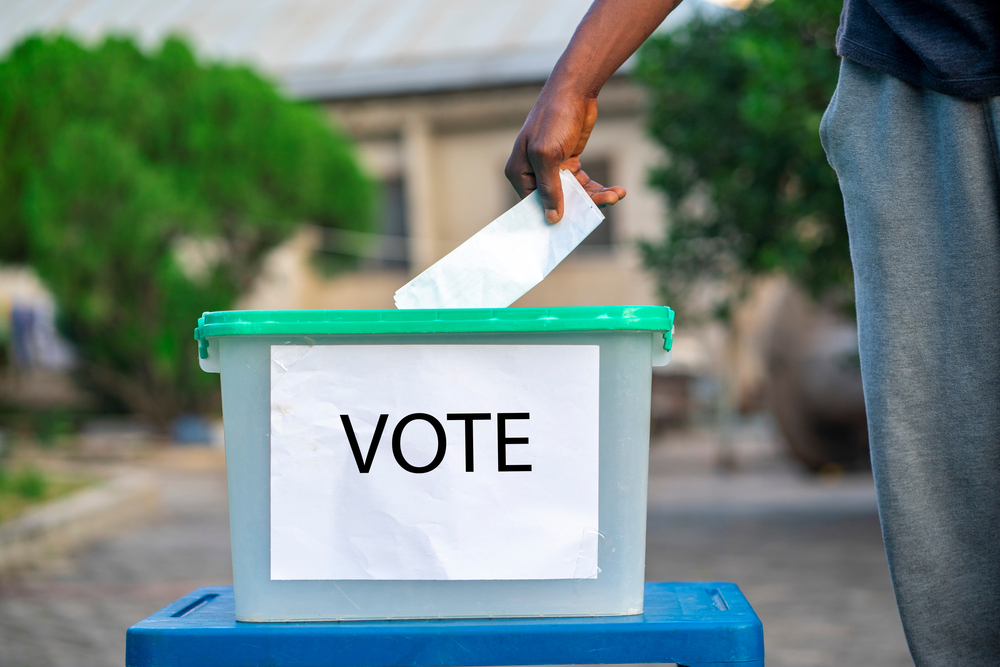In the recent NPP flagbearer elections, numerous allegations of vote buying have arisen, aimed at influencing the outcomes in favor of certain candidates. This issue of vote buying has been an enduring problem during elections in Ghana, leading to an increasing cost with each electoral cycle, to the detriment of the electorate and the democratic system.
In 2020, a report by CDD-Ghana confirmed the prevalence of vote buying and linked the practice to the high cost of running for political office in Ghana, which can amount to about $100,000,000 for presidential elections and $693,000 for parliamentary elections.
According to the report's findings, vote buying occurs at all levels of Ghana's political electoral system, including party executive elections, internal party primaries, presidential and parliamentary elections, and even the confirmation of MMDCEs by assembly members.
In the Kumawu and Assin North bye-elections, both major political parties in Ghana accused each other of using vote-buying tactics to influence the electorate to vote in their favor.
This situation undermines democracy and the fundamental principles of fair and equitable participation in elections, which are prerequisites for the rule of law. It leads to the erosion of public confidence in the electoral process and the institutionalization of a somewhat aristocratic society where the candidate who can afford to buy votes wins an election, rather than the most competent or the choice of the people.
Furthermore, the Political Parties Law 2000 (Act 574) and the Representation of the People's Law, 1992 (PNDC Law 284) outlaw the buying or selling of votes. These laws provide the legislative framework within which political parties are to be formed in Ghana and impose stringent duties and responsibilities on their operations. Failure to adhere to these laws is punishable by legal measures.
There is an urgent need for broader consultations involving all stakeholders and the government to ensure the robust enforcement of laws against all electoral malpractices, including vote buying. Deliberate and concerted efforts need to be instituted to ensure transparency and the strengthening of accountability in the electoral process. Political parties must adopt more transparent and accountable procedures, such as full disclosure of all funding and expenditures for their campaigns.
Additionally, there is a need for voter education campaigns in Ghana to sensitize the electorate on the negative impacts of vote buying on the country's democracy and to increase their resistance to manipulation during elections. By naming and shaming politicians who engage in or attempt to buy votes, we can further protect our democratic system.



0 Comments: